Podcast: Play in new window | Download

005: What we love (and loathe) about young conductors
“All music was new music once,” we often have to remind ourselves, and the same is true of conductors: they were all young once upon a time. But what does age have to do with a conductor’s artistic vision, or prowess with a baton? That’s what we figure out in today’s episode.
Just how necessary is a conductor in the first place? Well, maybe not strictly necessary, but pretty important, as Akiko and the Chicago Symphony found out back in 2010 when Riccardo Muti fell ill just an hour before the season-opening gala! The orchestra and soloist Anne-Sophie Mutter went ahead with the Beethoven violin concerto and a Mozart symphony without anyone on the podium. It was hair-raising stuff, and anything but easy.
Nathan talks about his first job, in the Saint Paul Chamber Orchestra, where conductor-less weeks were (and remain) a feature, not a bug.
We get into how conductors were trained in the old days (and the old countries), versus how they’re brought up now. Hint: it’s faster now, and that leads to consequences both good and bad for orchestras.
Back when Nathan was at Curtis, the conducting teacher Otto-Werner Mueller stuck to the old ways when he selected his students. Only the cream of the analytical crop survived his grueling tests and earned the right to conduct Stravinsky’s The Rite of Spring under his watchful eye at the audition finals. But not all them instinctively knew how to use the baton.
We recall our (still young) boss, Gustavo Dudamel, making his first appearance with us and the Chicago Symphony while he was still in his 20s. A senior member of the orchestra challenged him in rehearsal, and the way Dudamel handled himself set the tone for his illustrious career.
Likewise, Daniel Harding has appeared with us both in Chicago and in Los Angeles. We take our own remembrances of those not-always-happy meetings, and combine them with Harding’s own interview on the subject, to discover what experience taught him about orchestras. Here’s the link to the 2011 New York Times interview with Harding:
Prodigy Ages into a Merely Young Conductor
Finally, we round up the things young conductors can do, or not do, to start off on the right foot with a new group. There’s a lot to be said for trust, in both directions!

Scales: The Road
to Repertoire
Even if you’ve never played a scale before, violinist Nathan Cole of the Los Angeles Philharmonic will guide you through scale routines that meet you where you are, and build progressively alongside your playing.

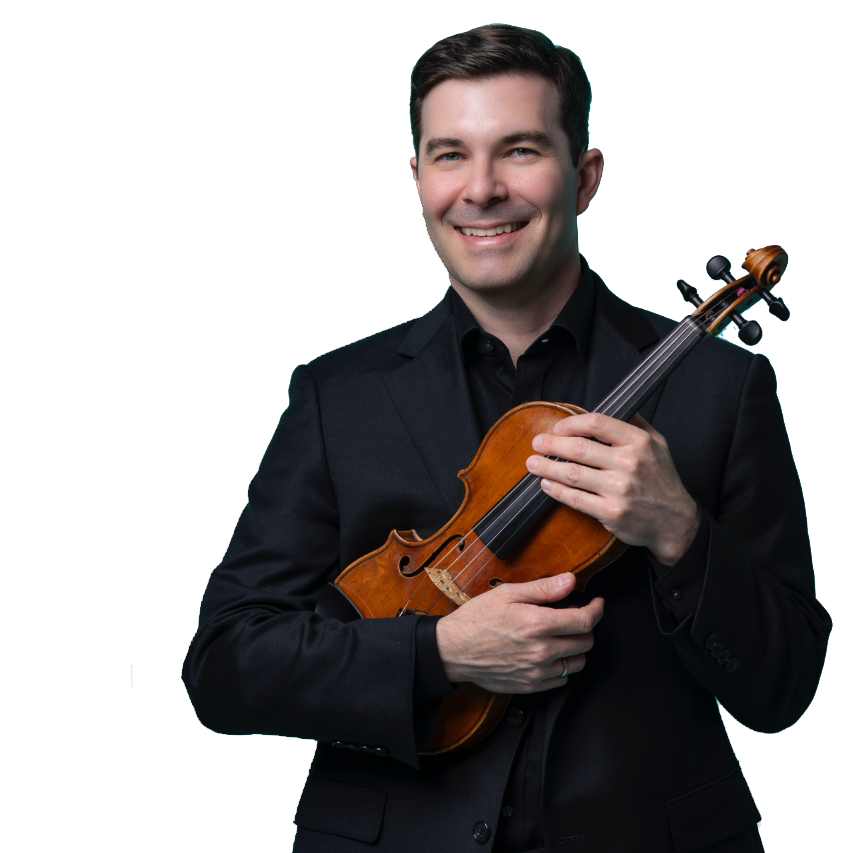
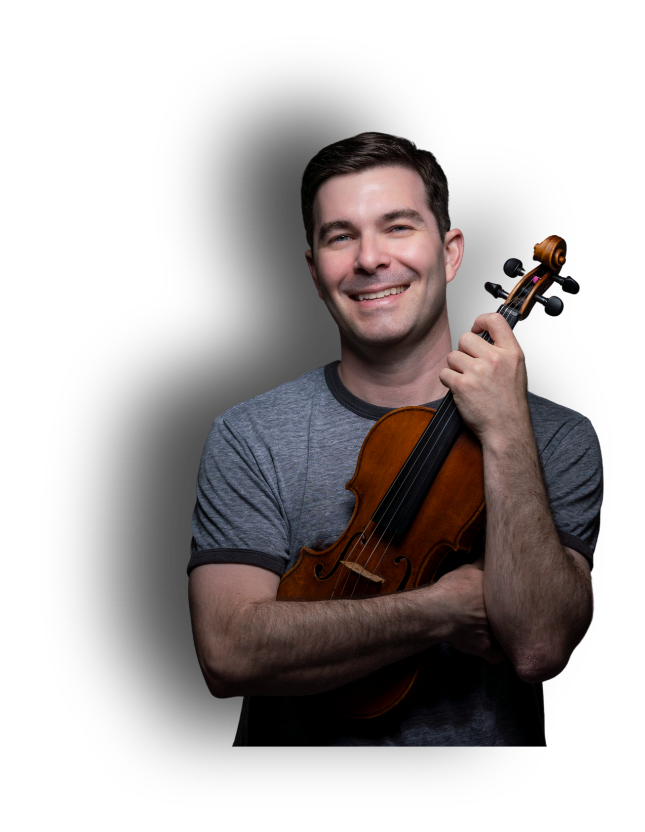
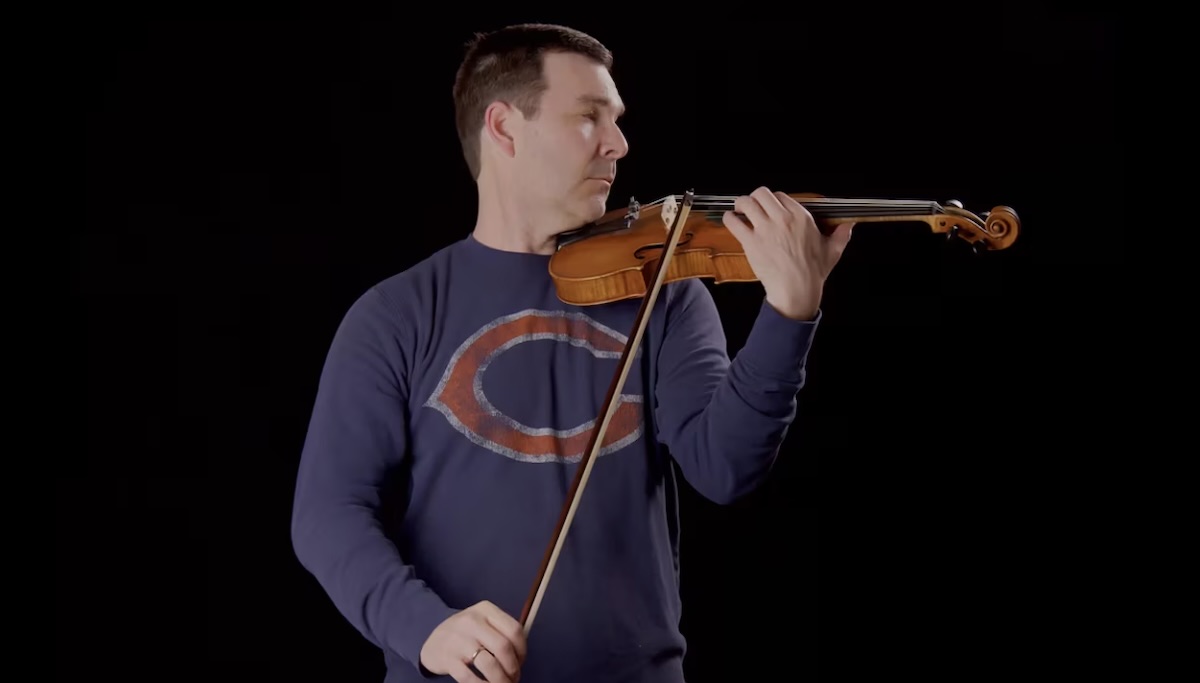


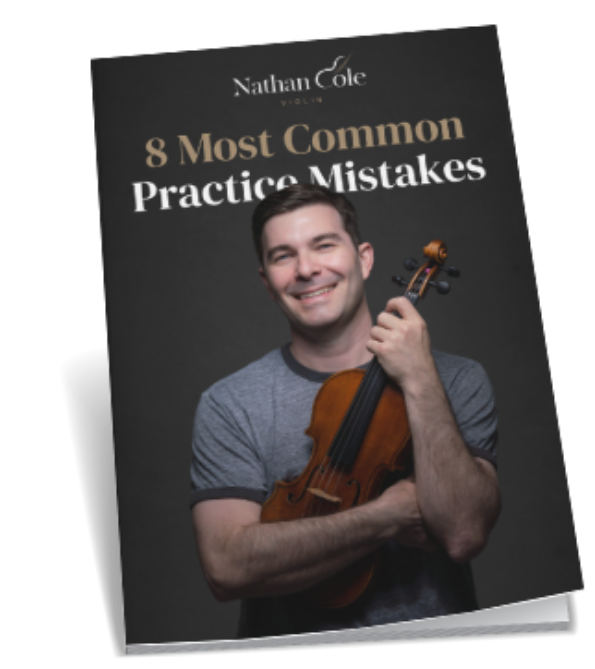
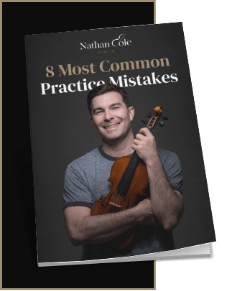
Comment section